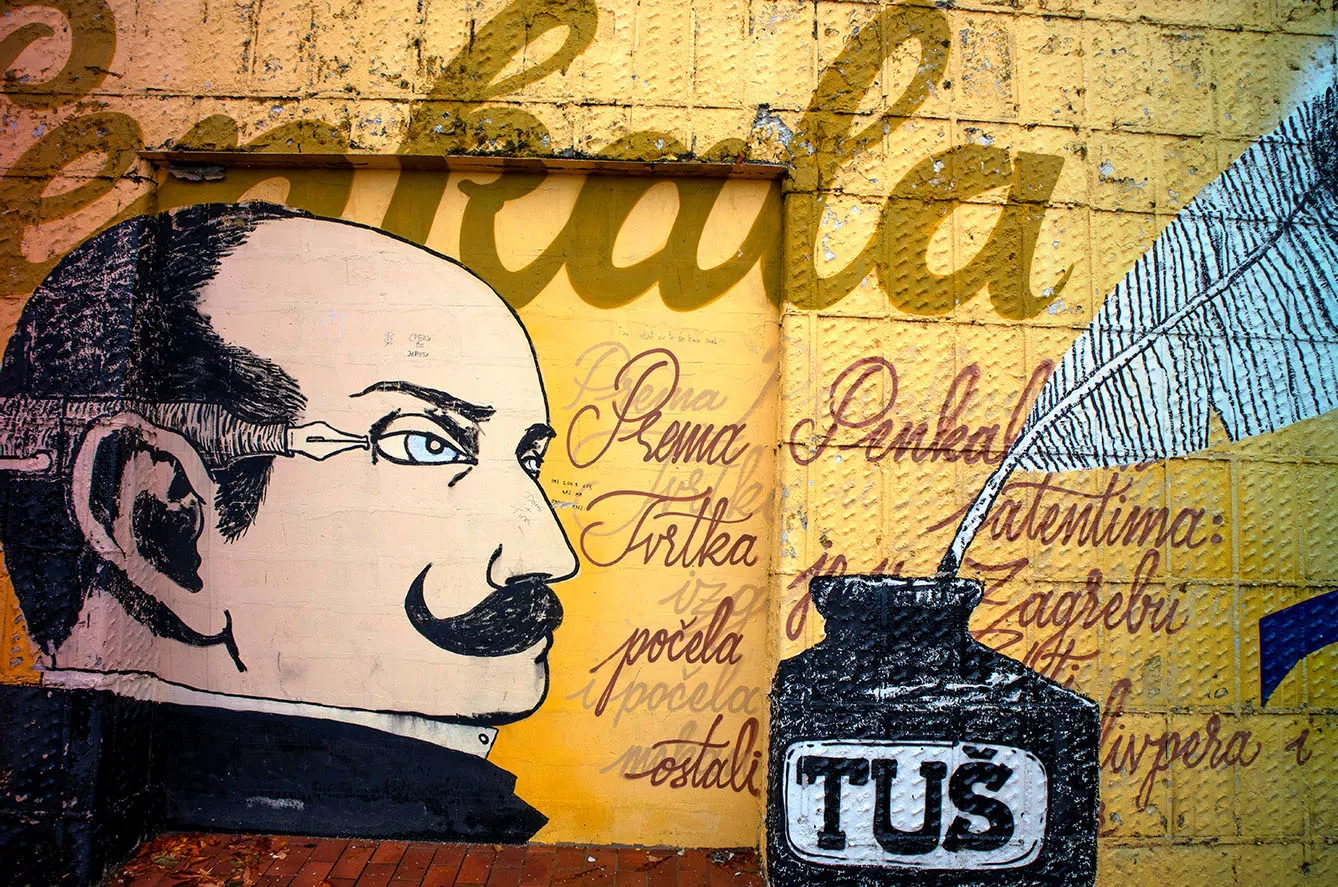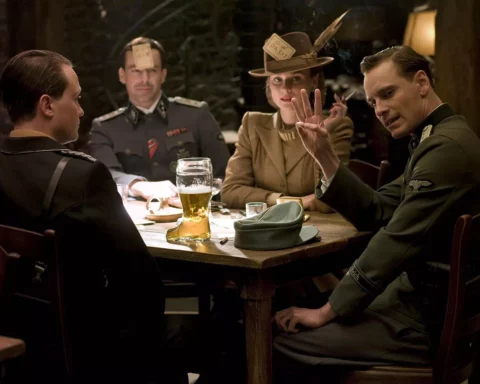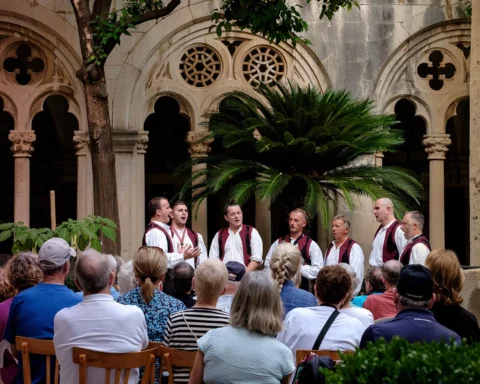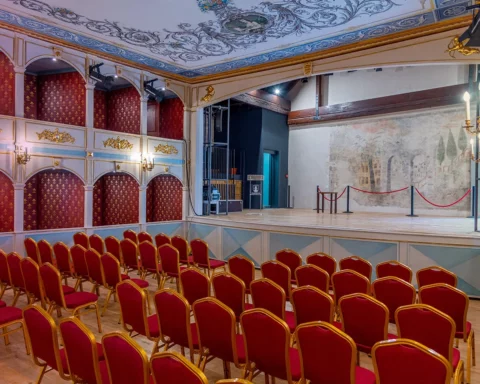How often has it been said that by using everyday objects, we do not appreciate someone having to invent them first? However, behind every great invention is a story of how it came into being. Eduard (or Edward, but we will get to that in a second) should undoubtedly be on our list of people we should be thankful to for many things. Like clean clothes. And torches. And a warm bed when we catch a cold.
From the perspective of Central Europe, it is interesting to note that Penkala was of Polish (and Dutch) heritage. His father, Franciszek, re-married after his first wife passed away. His second wife, Maria, was originally Dutch. He was born on 20 April 1871 in Liptószentmiklós (nowadays Liptovský Mikuláš, Slovakia) as Edward Penkala.
Eduard Penkala: Polish, Dutch, and Croatian
There is not much you can easily find in his early years. He was an inquisitive boy who, instead of playing with his friends outdoors, preferred to dismantle clocks and other devices he could lay his hands on at home (much to his mother’s disapproval). What is important to add – he always knew how to put them back together (or at least that’s how the official storyline goes.) He loved nature, especially butterflies, and would wander on his own – observing.
He studied In Vienna and Dresden at the Royal Saxon Polytechnic Institute. He graduated with a Ph.D. in organic chemistry in 1898 (when he was just 27 years of age!) His life was not void of romance, as he met his wife Emily thanks to music. He took up some classes to practice the violin, but could he have suspected that the package came complete with a charming pianist, Emily?
After they got married, they moved to Zagreb – the town Edward came to love. Edward assumed Croatian nationality and took his second name, Slavoljub, to celebrate his newly adopted Croat identity. Perhaps this is the best moment to mention that this second name of his became used as his first; hence, especially in sources other than Polish, you will find his name spelled as Slavoljub Eduard Penkala.
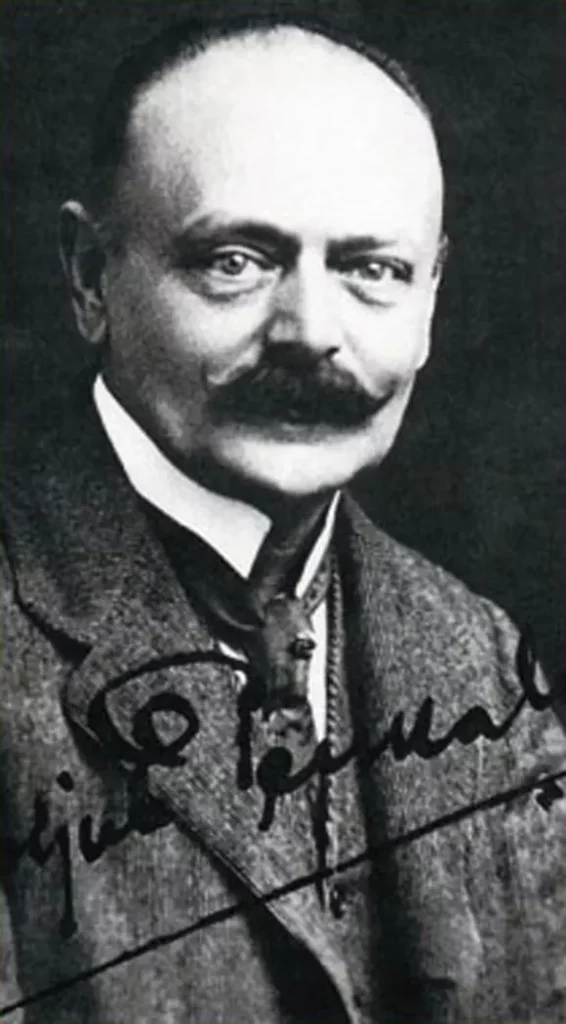
Rotating toothbrush, ebonite records, mechanical pencil, fountain pen, washing powder…
The above subheader is not an erratic shopping list. These are actually some of the inventions we owe Penkala. As it is impossible to talk about all of them, let me share stories connected with three famous ones – an automatic pencil, a torch, and a Termofor (or, in other words: a hot water bottle).
The hot water bottle was Pekala’s first invention. Patented in 1902, it was just so sensible to use rubber to warm up safely. Yet it took Penkala to draft up a project that is still used today in producing this cozy tool. Why is Penkala not always credited with the original idea? According to his son, Krunoslav, he missed the date he needed to pay the fee required for prolonging his patent in Vienna and, as a result… lost his rights to it.
The pencil seems to have sprung out of his love for his children. Noticing how tedious it was to keep their pencils sharp while studying, he decided to come up with a pencil that did not require a sharpener. A trifle for a man with such predispositions! He patented his pencil in 1906 and established a company with Edmund Moster just a few months later. The Penkala-Moster products were an instant hit. Everyone wanted to have a pencil that was always sharp.
Promotional gadgets? We owe it to Eduard Penkala
The company also produced fountain pens and other writing accessories patented by Penkala. The pencil brought about another craze you might be surprised is not contemporary—a gadget craze. Penkala’s pencils were used as (probably first) promotional gadgets with companies ordering batches of the product bearing their company’s name.
Sand last but by no means the least, torch. Or flashlight (depending if you prefer the British or American variant). Penkala invented a pocket-sized torch that, due to the high cost of batteries, never made it to mass production during his lifetime. Instead, he was ‘forced’ to make several prototypes.
How? Penkala was a hunting enthusiast. One day, he found himself in a forest with his friends after dusk. As they were trying to find their way, they were shocked to see a beam of light coming from Penkala’s hand and lighting their way. Among his companions was the mayor of Zagreb – Vjekoslav Heinzel, as well as a famous sculptor (Frangeš), an architect (Erlich), and a professor Kršnjavi. They were so fascinated with the invention that Penkala gifted them some personally constructed prototypes.
Eduard Penkala’s early death
And to reiterate how prolific Penkala was, let me list his other patented inventions that changed the everyday life of people: rotating toothbrush, washing powder, ebonite – the material used to produce records (check out Edison Bell Penkala records), an anode battery, a whole Croatian aircraft (charmingly called The Butterfly), brakes for railway cars (next time you stop at a platform remember whom to thank for it!), manometer, dynamometer, as well as a couple of insect insecticides.
In 1922, at the age of 50, Penakala set off for a business trip. The weather was particularly bad that January, and he returned home soaked to his bone and very unwell. The doctors diagnosed him with severe pneumonia. In those days, this spelled very bad news. He died on the same day he got admitted to the hospital. As he was at the peak of his inventive activity, he undoubtedly took with him hundreds of new inventions. Some of them might never be re-discovered. After all – not everyone can call themselves an Eduard Slavoljub Penkala.


